If you are considering Chapter 7 or 13 bankruptcy, one of your primary concerns is how to choose which one is more advantageous for you. There are numerous reasons it may be better for some to file under chapter 7 and others under chapter 13. You need an honest evaluation of your financial hardship and honest financial advice if you will file for bankruptcy.
Our bankruptcy law firm aims to provide consistent and quality legal services to meet the unique needs of our clients. A reliable bankruptcy attorney in Jackson will review everything on your behalf and then decide what is best. You can get a free consultation from someone at the Rollins Law Firm. Just call us at 601-202-9816.
Understanding Bankruptcy
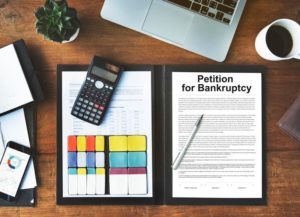 Bankruptcy is a legal action in which a judge and court trustee review the assets and obligations of individuals, partnerships, and organizations whose debts have grown so onerous that they feel they will be unable to repay them.
Bankruptcy is a legal action in which a judge and court trustee review the assets and obligations of individuals, partnerships, and organizations whose debts have grown so onerous that they feel they will be unable to repay them.
The court determines whether to discharge debts, which means that people who owe are no longer legally obligated to pay. Additionally, the court may dismiss the lawsuit if it considers the individual or corporation has sufficient assets to pay their debts.
Bankruptcy laws were enacted to provide individuals with a chance to rebuild their financial lives after a financial disaster. Whether the collapse results from poor judgment or terrible luck, legislators may realize the importance of a second opportunity in a capitalist economy.
The good news for anybody on the fence about filing for bankruptcy is that practically everyone who does so receives that second opportunity.
What Is Chapter 7?
Chapter 7 Defined
In a Chapter 7 bankruptcy, you’ll complete paperwork detailing your income, expenses, property, and debts and submit them to the bankruptcy court. Additionally, if you are working, you will send recent tax returns and pay stubs. The bankruptcy court orders an automatic stay which takes effect the minute someone files for bankruptcy. The automatic stay temporarily prevents anybody from collecting any debts you owe them.
A bankruptcy trustee will review your papers and documentation. Additionally, they will conduct your 341 Meeting of Creditors, during which they will ask you basic financial questions.
After a few months, you’ll get a letter from the court informing you that the court has given you a bankruptcy discharge. The great majority of honest persons, complete their bankruptcy paperwork completely and follow all needed stages have their bankruptcy petition approved by the court and their qualifying obligations discharged.
What Types of Debt Can Be Forgiven?
Bankruptcy Chapter 7 can be used to discharge the following types of debts:
- Debt incurred via credit cards
- Medical expenses
- Deficits in automobile loans
- Loans for individuals and payday loans
- Credit card and debt collection agency judgments
- Bills for utilities
These kinds of debts are referred to as dischargeable debts.
Which Debts Are Impossible to Forgive?
Chapter 7 bankruptcy cannot be used to discharge the following debts:
- Alimony and child support
- Recent tax debts and other government obligations, such as penalties
- Generally, student debts cannot be discharged.
These kinds of debts are referred to as non-dischargeable debts.
Secured debts are secured against a particular asset, such as a home or a vehicle. If you wish to maintain the property used to secure a loan, you must continue making payments on the obligation.
Before filing for bankruptcy, you must also ensure that you are current on your debt payments. If you are prepared to relinquish the property, Chapter 7 bankruptcy may discharge the debt.
What Is Chapter 13?
Chapter 13 bankruptcy enables debtors to return all or a substantial part of their obligations over three- to five years under a court-ordered repayment plan. Credit cards, medical, and personal debts are often discharged in Chapter 13.
Creditors are prohibited from continuing collection attempts if the court approves your repayment arrangement. Additionally, you should seek relief from collection agencies’ assault of phone calls and mailings.
To be clear, Chapter 13 bankruptcy is not what most people think of when they consider bankruptcy. It is not a case of wiping the slate clean and beginning afresh.
Unsecured obligations, such as alimony, child support, school loans, and taxes, must be paid in full throughout your payback term, while payments on secured debts, such as your home and vehicle, must be maintained current.
Chapter 13 refers to a repayment plan that a bankruptcy court trustee administers. Typically, the petitioner’s attorney develops the plan to pay significant debts for many years. Unpaid unsecured debts are discharged after that time.
Chapter 13 in comparison to Chapter 7
- Chapter 13 bankruptcy is often referred to be the “wage earners” chapter of bankruptcy. To join a Chapter 13 debt repayment plan, the petitioner must have a regular source of income. This kind of bankruptcy is often advantageous for customers who have substantial assets and a stable source of income.
- A Bankruptcy Chapter 7 is for those who can’t pay their bills. It is by far the most common kind of bankruptcy.
- A Bankruptcy chapter 13 allows you to keep your property while extending debt payments over a three- to five-year period.
- In Chapter 7, all of your assets – except those exempt, like your home and vehicle – are liquidated and given over to a court-appointed bankruptcy trustee, who sells them and uses the money to repay creditors. The remainder of the debt is canceled.
- To file for Bankruptcy Chapter 7, your income must be less than the state’s median income for a household your size.
- Those who fail the “means test” may file Chapter 13.
Which Chapter of Bankruptcy Do You Need?
Bankruptcy under Chapter 7 is the least painful sort of insolvency. You submit it to the court, which then discharges your obligations.
On the other hand, Chapter 13 bankruptcy is a bit more difficult. You submit it, and the court sets up a payment plan for your creditors.
Takeaway: Weigh the implications carefully before deciding. Our Jackson lawyers help you choose which chapter is right for you.
Ultimately, a decision will be based upon your circumstances and preferences. Weigh the implications carefully before making your decision. If you have inquiries regarding bankruptcy or other payment choices, please get in touch with us to discuss your debt relief options further.

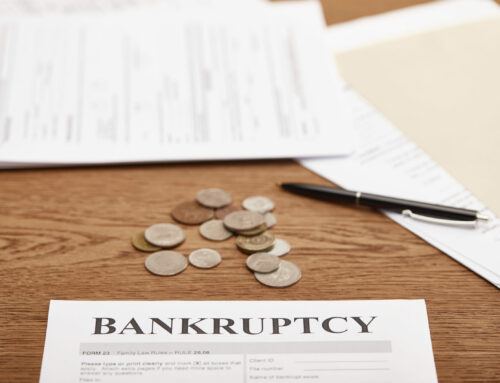
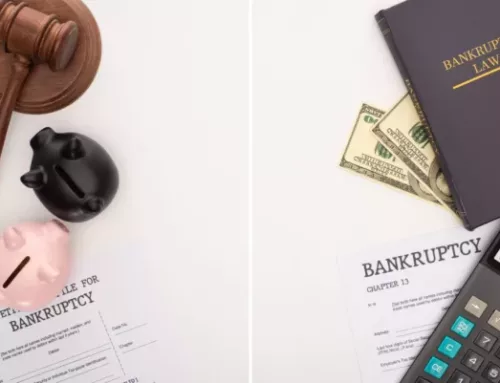
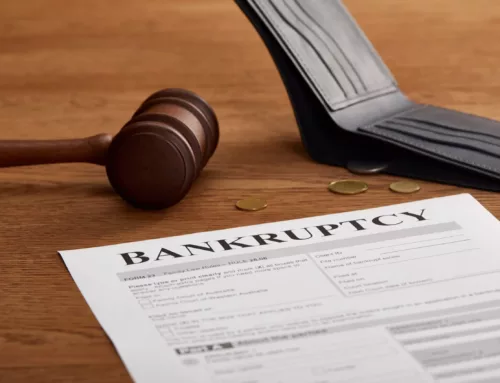
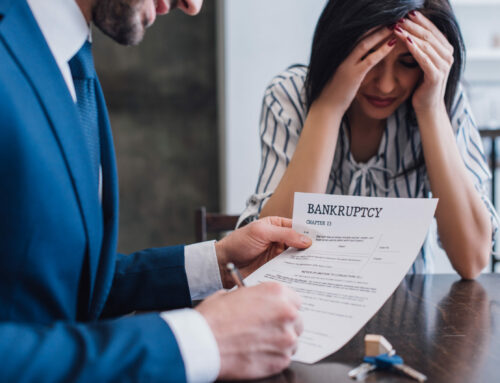

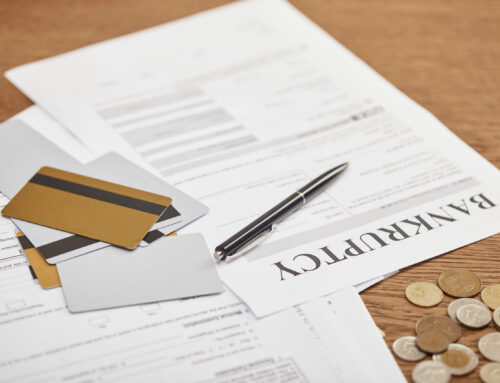

Connect with Us